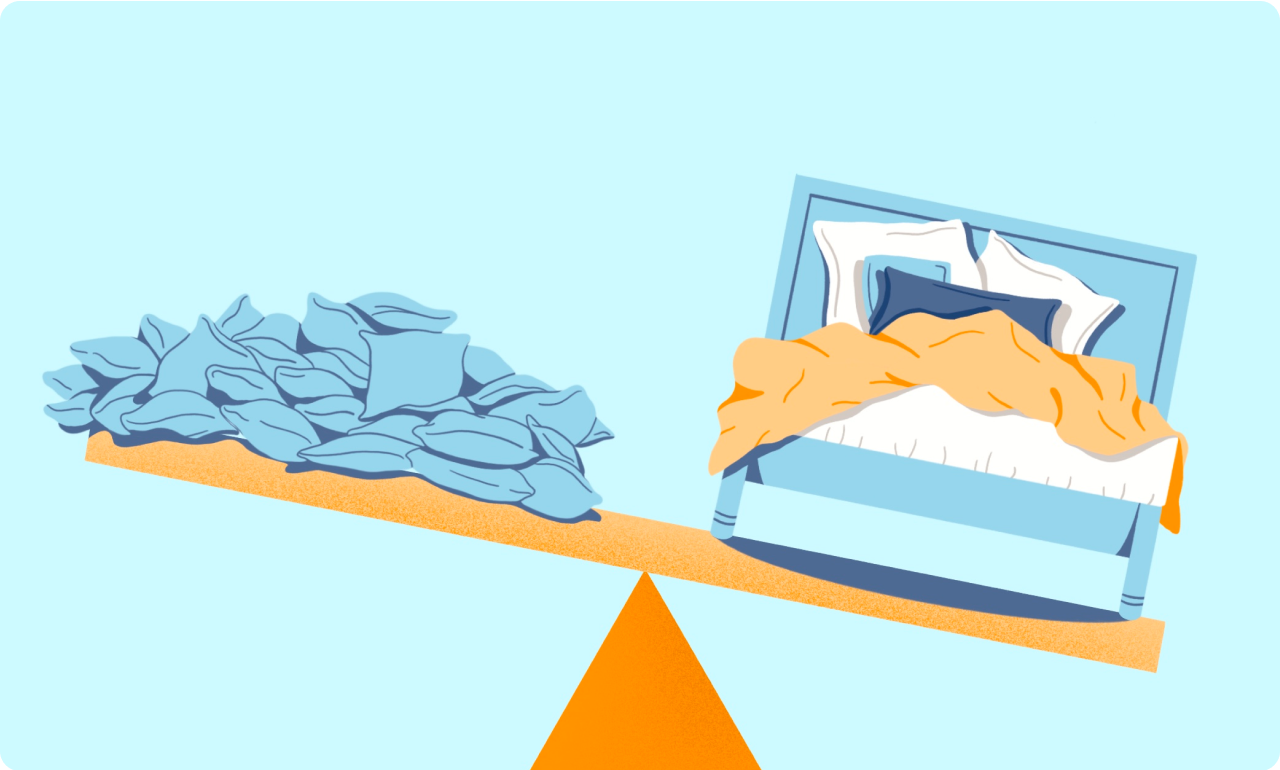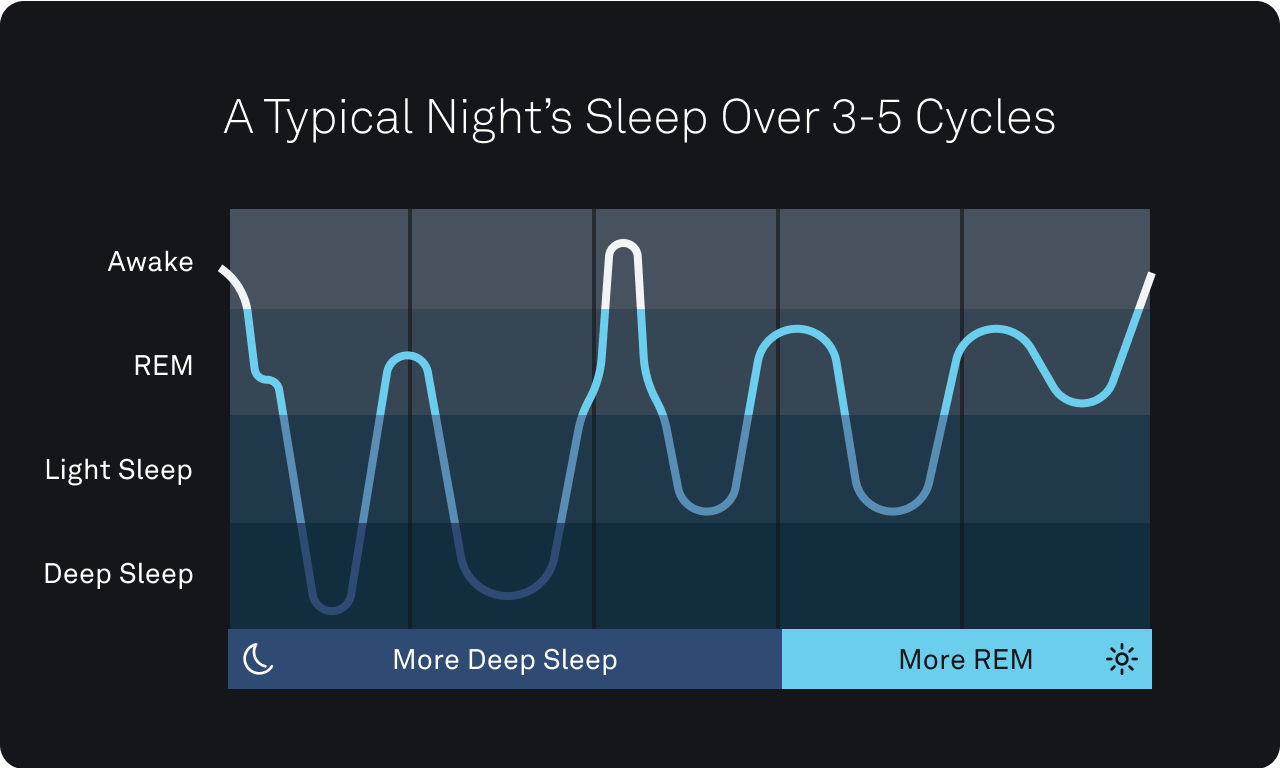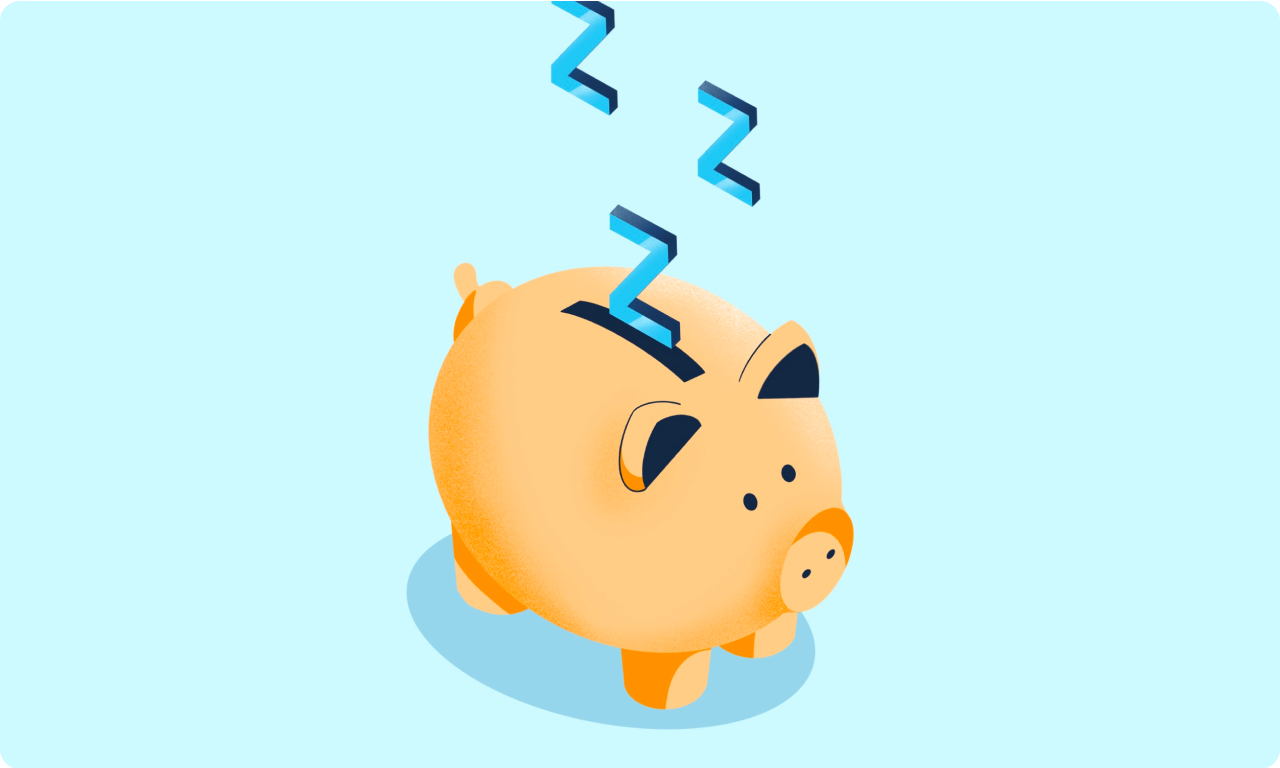Instead of sleeping 7–9 hours a night, what would happen if you separated your nightly slumber into short hour-long or two-hour-long increments? This is known as polyphasic sleep. This sleep pattern is unique: Advocates believe it frees up more waking hours for productivity, but research shows it disrupts natural sleep cycles and can harm recovery, memory, and long-term health.
But what is polyphasic sleep? What are the risks or potential rewards of this sleeping pattern?
What Is Polyphasic Sleep?
Polyphasic sleep is a sleep pattern where instead of getting one long stretch of rest at night, you divide sleep into several shorter segments throughout the day. For example, someone might sleep in multiple 2- to 3-hour naps rather than a single 7–9 hour block. While this can technically add up to the same total hours of sleep, research shows it’s not the same as continuous rest. A polyphasic sleep schedule disrupts natural sleep cycles, limits deep and REM sleep, and is generally less effective for recovery, memory, and long-term health compared to monophasic sleep — the one-block pattern followed by most adults.
READ MORE: Why Sleep Matters

Why Do People Try Polyphasic Sleep?
Many people are under increasing pressure to achieve more in less time, so what is the first thing that’s cut out in the pursuit of maximum productivity? Sleep. The principle of the 8-hour workday was established in 1919, but 100 years later, 65% of people continue to work more than 40 hours per week.
The search for more wakeful hours has led some people to experiment with polyphasic sleep schedules. Proponents suggest that it’s possible to adapt to a polyphasic schedule, significantly reducing total sleep time, while maintaining high levels of performance. Polyphasic sleep is widespread in the animal kingdom. Human babies sleep polyphasically for the first year after birth, and there are several examples of high performers adopting polyphasic sleep schedules. So, could proponents of this sleep method be correct?
READ MORE: How Your Sleep Needs Change Throughout Your Life
Learning From Round-the-World Sailing Competitions
Thousands of shift workers are constantly balancing their sleep and schedules to maximize their performance, but there is also a unique sport that involves a similar sleep-performance balancing act. Single-handed (solo) yacht races create a unique set of demands, requiring a delicate balance between cognitive and motor skills, sustained for weeks on end, in unpredictable conditions.
Even when visibility is normal, sailors should check the horizon at least once every 15 minutes to prevent collisions. Anytime a solo sailor is asleep, they are at risk.

The Most Successful Competitors Slept Less
Perhaps unsurprisingly, a study of 99 sailors competing in solo ocean sailing events revealed a significant relationship between sleep and race performance — the most successful competitors slept less, generally for periods between 20 minutes and one hour, for a total of 4.5 to 5.5 hours of sleep per day.
However, while polyphasic sleep may be a good strategy for surviving on the high seas, the evidence indicates that it’s not well-suited for long-term health or performance.
Polyphasic Sleep Destroys Sleep Cycles
There are four sleep stages: awake, light, deep, and REM sleep. You experience higher levels of deep sleep in earlier cycles, then increasing amounts of REM sleep in later cycles.

However, if you sleep in polyphasic ‘shifts,’ sleep cycles are separated and shortened, and the normal transitions between sleep stages are disrupted. This disruption can impair cognitive performance, particularly concerning learning and memory, with the adverse effects persisting for several days.
READ MORE: Sleep and Productivity: How Sleep Can Supercharge Your Performance
Is Polyphasic Sleep Dangerous?
The evidence is clear: Most people who try polyphasic sleeping live in a continual state of body-clock disruption, harming metabolic health and decreasing cognitive performance. Routinely sleeping for less than 7 hours is also associated with an increased risk of injury, compromised immune system function, and reduced bone density in certain populations.

The Bottom Line: Sleep is An Investment
You can’t treat sleep like a bank account. Sleeping four hours in one chunk, then three hours in another, is not equal to seven hours of continuous sleep, and when you don’t sleep enough, you accumulate sleep debt at a very high interest rate. Except for in a few extreme scenarios, polyphasic sleep does not make sense. Nothing beats a single 7+ hour block of sleep; it is one of the best investments you can make for sustainable high performance.




